BOOKS › TV › RADIO › FILM › LETTERS › PUZZLES
Lazy days
ON THE HEELS OF SPRING
A passionate conservationist walks 1,000 miles across Britain chasing the unfurling of a season
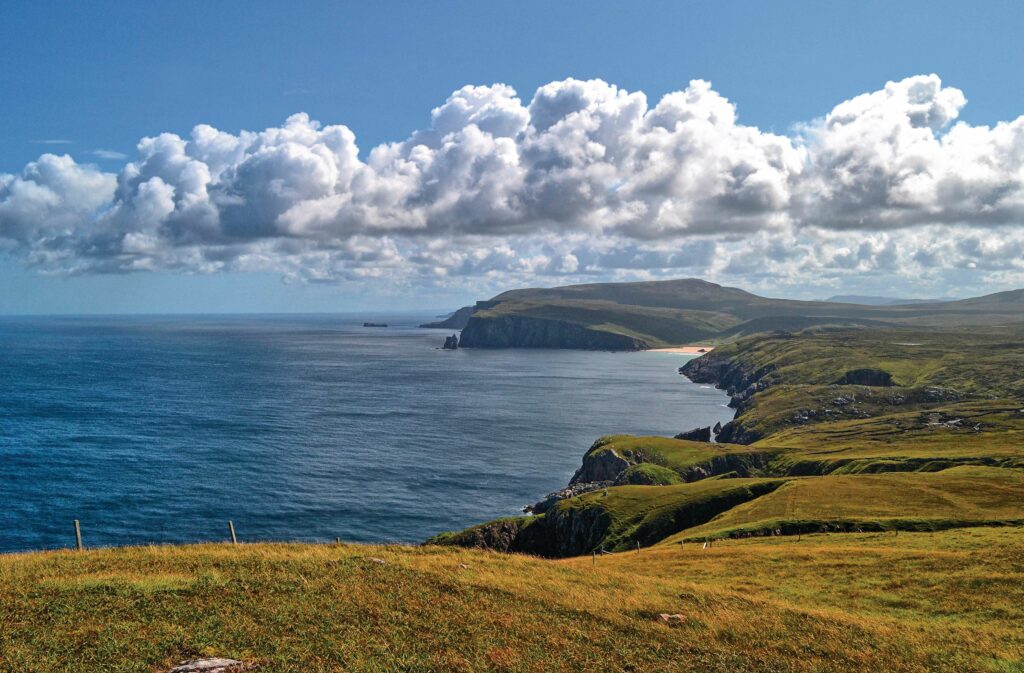
BOOK
ACROSS A WAKING LAND
BY ROGER MORGAN-GRENVILLE ICON BOOKS, £18 (HB)
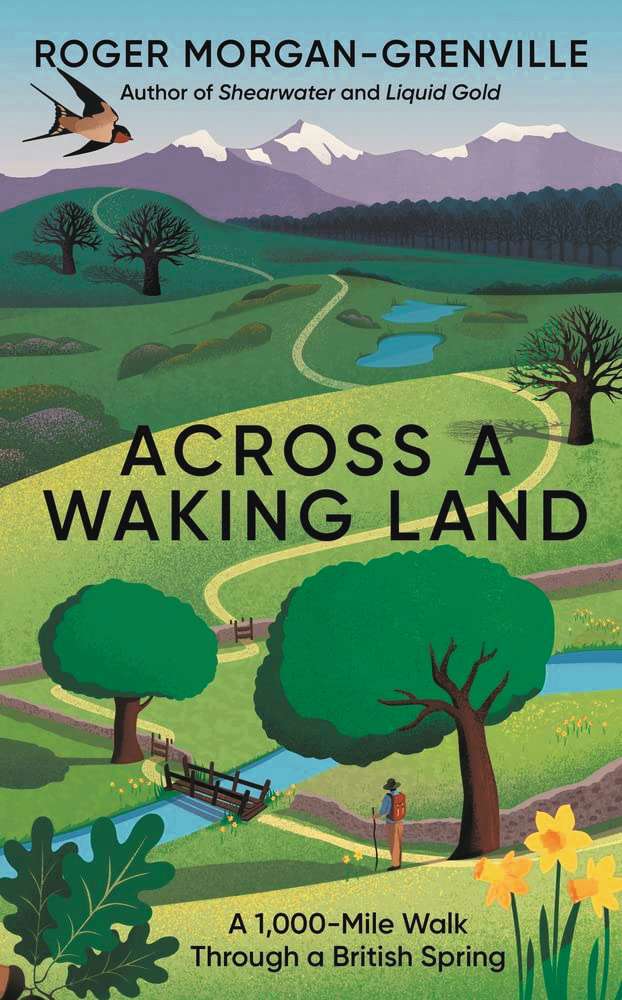
Some of the most impressive achievements are in equal parts admirable and bonkers. So it is with the mission Roger Morgan-Grenville planned in spring 2022. The soldier turned curlew conservationist and nature writer decided to tackle a nigh-on 1,000-mile trek from the Solent to Cape Wrath, largely alone and avoiding roads, to visit as many nature restoration projects as possible, while keeping pace with the northward march of greening oaks.
Quests and pilgrimages, where writers ramble, cycle, swim or kayak around our islands in search of various kinds of enlightenment, have become a familiar bookshop staple. Over-familiar, you might say. But Morgan-Grenville – whose books include 2021’s brilliant Shearwater – is a genial and witty companion who keeps us interested to the last few steps. He covers the ground in 57 days (with six days off), fuelled by porridge, Mars Bars and a thousand conversations with strangers. He encounters plagues of poo bags and non-native Sitka spruce, develops an intense dislike of stiles, passes through glorious scenery, and, above all, learns to live in the moment. Though saddened by how rare is to meet anyone under 20 in the wilds, he is encouraged by the army of people battling to restore Britain’s natural riches. This is a heartwarming, inspirational book that shows why, if we want a wilder future, we will all have to fight for it.
BOOK
BLACK OPS AND BEAVER BOMBING
BY FIONA MATTHEWS AND TIM KENDALL ONEWORLD PUBLICATIONS, £17.99 (HB)
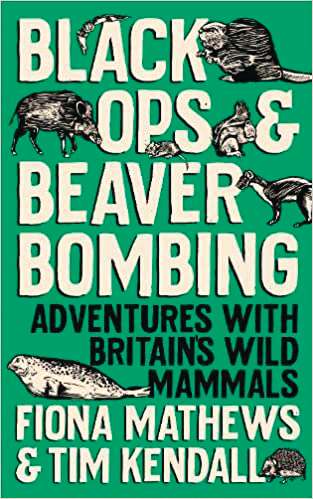
Spring has barely ticked over into summer, but I’ve already found the book that I’ll be recommending for the rest of the year. Co-authored by a wife-and-husband team (she a leading conservationist and professor of environmental biology, he a creative writer and professor of English literature), this book celebrates, mourns and champions the British mammals that are the beating heart of these islands.
Each chapter introduces us to a new star: beavers, wild boars, pine martens, water voles, bats, hedgehogs, squirrels and grey seals. Each is peppered with extraordinary facts: baby boars are called humbugs because of their adorable rotundity and black-and-white stripes, and some bat species are the only non-primate animals known to enjoy oral sex.
The book also contains wonderful literary nuggets (including evidence that Shakespeare hated hedgehogs) and appalling puns. Yet this is far from a lighthearted romp through the British countryside, and the (often horrifying) statistics and meticulous research are ever-present in the narrative, which never shies away from complexity and ambiguity.
There are no straightforward conclusions, no easy solutions, and this is not always an easy read. But there is hope, and much of it comes from humans. For this is a call to arms, a celebration of “what can be achieved when we hold administrations to account”.
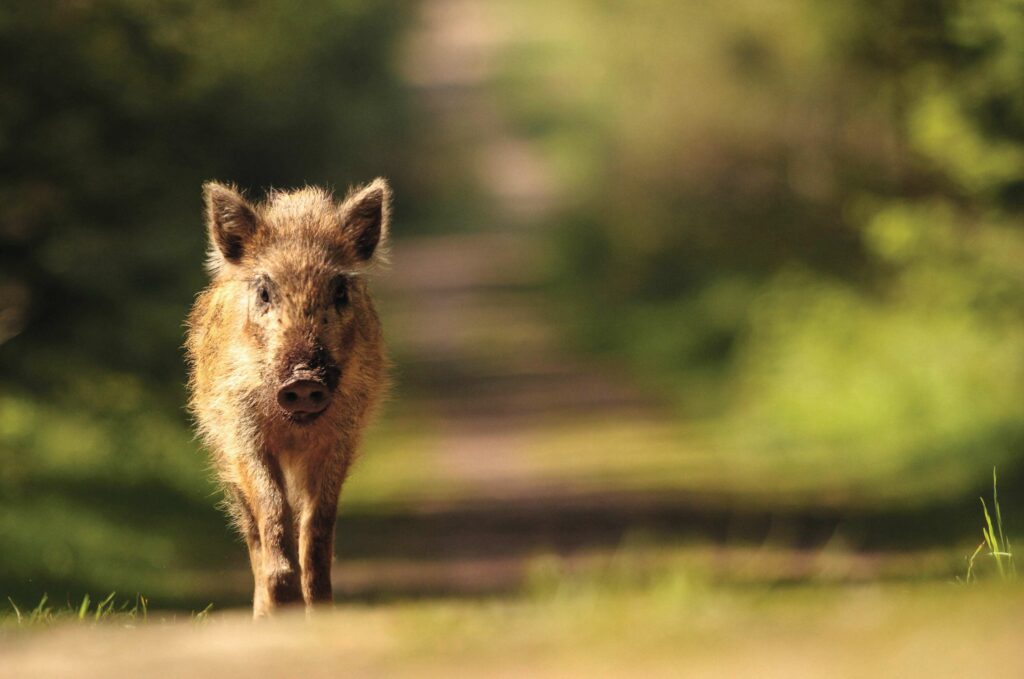
TV
HIDDEN TREASURES OF THE NATIONAL TRUST
BBC TWO AND IPLAYER FROM MAY
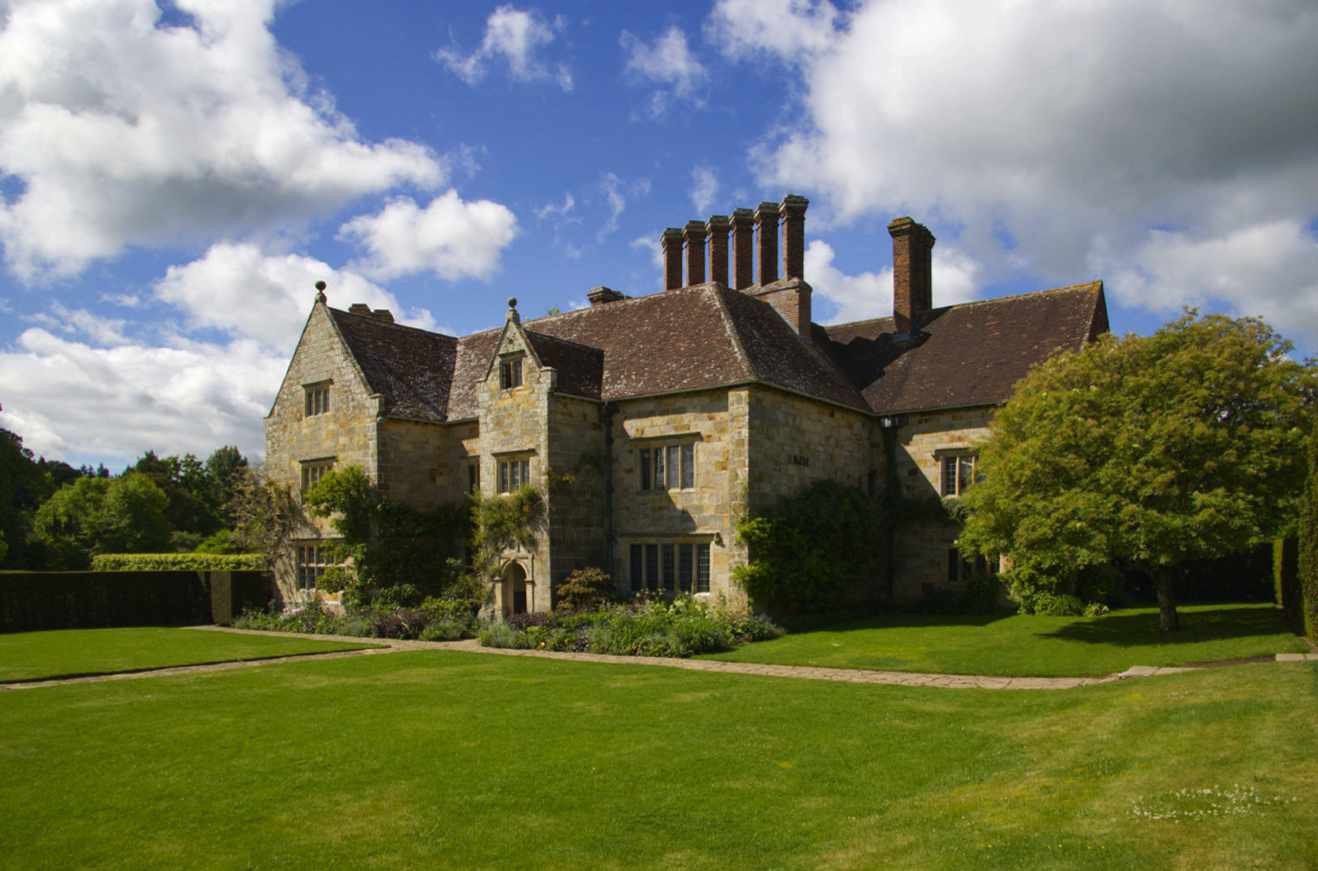
Have you ever dreamed of travelling the country, exploring the jewels in the National Trust’s portfolio? This six-part series allows viewers to do just that, discovering the treasures within the properties and peering behind the scenes at the work involved in maintaining them.
The first episode visits Hardwick Hall, as experts ready the famous ‘sea monster’ portrait of Elizabeth I and intricate ‘sea dog’ table for transport to America. The enthusiasm of the team for their tasks is infectious. At beautifully labyrinthine Biddulph Grange Garden, head gardener Paul Walton guides viewers around the spectacular grounds and discusses the challenges involved in restoring its iconic 19th-century Chinese bridge. Meanwhile, at Belton House near Nottingham, restorers tackle a 1695 portrait of Margaret Brownlow, which features a young attendant who may have been a child slave.
Later episodes follow the revival of Paul McCartney’s childhood home and the renovation of Vita Sackville-West’s writing room at Sissinghurst Castle among other projects, offering a lively, fascinating tour of National Trust gems.
RADIO
RAMBLINGS – CLARE’S TOP 30
BBC RADIO 4 AND BBC SOUNDS

Since 1999, presenter Clare Balding has walked across all corners of the British Isles as host of BBC Radio 4’s Ramblings, a series now in its 40th season. To mark this milestone, you can listen to Clare’s favourite top 30 episodes from across the years and get inspired for your own rambling adventures.
Join Clare as she journeys along St Oswald’s Way in Northumberland in the company of a local artist; visit Eyam in Derbyshire and learn the village’s 17th-century plague history; wander a stretch of the Thames with Clare and naturalist Steve Backshall; meet taxidermists for a wildlife wander beside the River Wharfe in West Yorskshire; or walk the South Downs Way under moonlight with guidance from the stars and natural navigator Tristan Gooley.
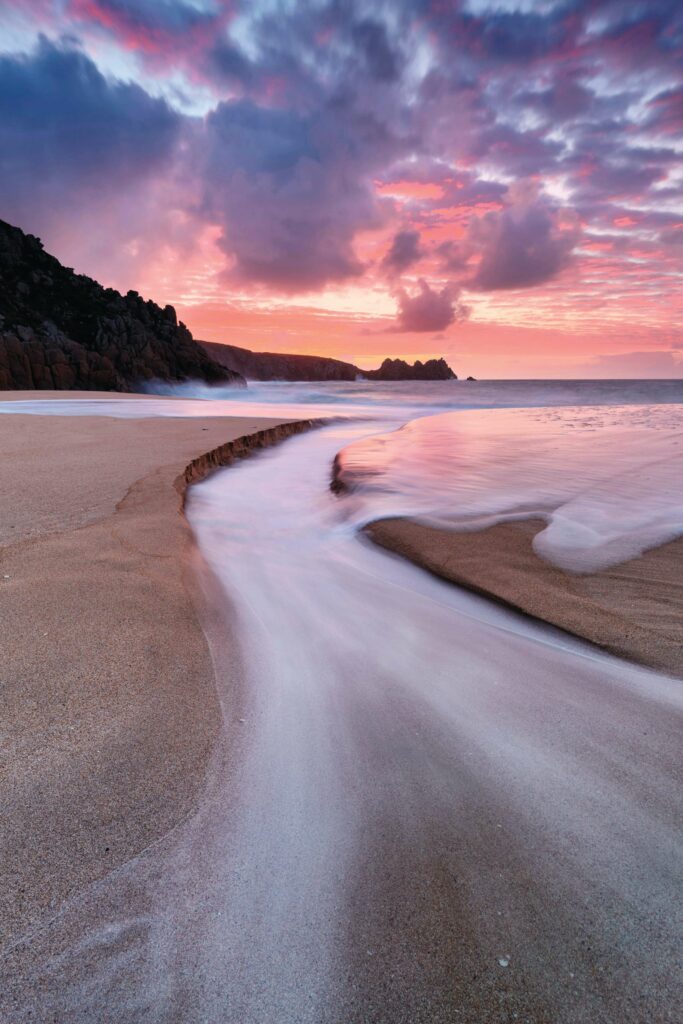
BOOK
ENCHANTMENT
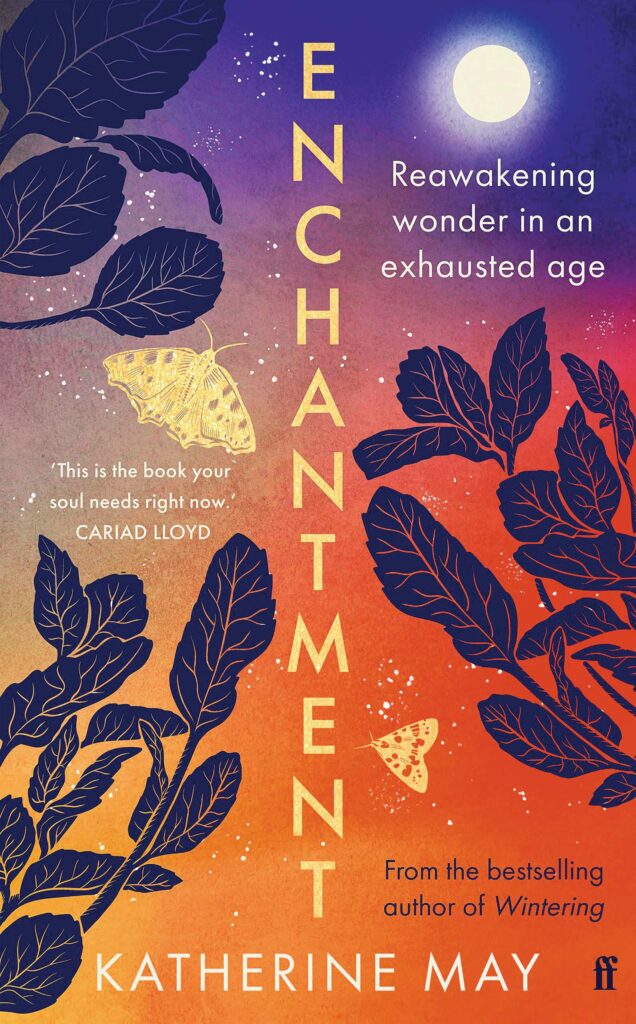
Wonder and awe do not necessarily come from seeing beautiful things – a glorious view, say – but from deep engagement and close attention to the world around us.
As Katherine May reveals, they can be about standing in the fresh air at sunrise, going barefoot, feeling the pull of the tide during a sea swim, watching the moon (“an excellent confidante”) alone in the early hours. An act as simple as touching stone helps anchor us: “There is a definite coupling… a communication of density, a heat exchange.”
This might sound a little hippieish, but Enchantment: Reawakening Wonder in an Exhausted Age is poetic and profound.
Written in response to the pandemic, it’s a manual for living fully and well – above all outdoors – by rediscovering the instinctive ability we had as children to sense magic in the everyday.
May shows the value of learning with our hands as well as our heads (by trying traditional crafts, for example). And she marvels at how our ancestors saw the divine in everything and walked through landscapes of memory and myth, with “grand stories” unfolding around them as they went about their daily business.
As with May’s last book, the critically acclaimed Wintering, Enchantment weaves memoir with nature writing, history and gentle philosophy to re-enchant us with the things that really matter.
The book offers an antidote to modern life’s digital distractions and endless rolling news cycle, which so often leave us running on empty.
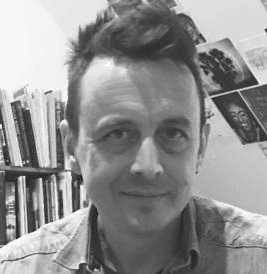
Q&A
A DIVIDED LANDSCAPE
Walking the length of Wales, Tom Bullough discovered how urgently we need action on climate issues. He paints a portrait of a nation in the midst of change in his book Sarn Helen
What is Sarn Helen and what inspired you to walk it?
Sarn Helen is a Roman road. It once ran the length of Wales, and it still runs clearly through the Brecon Beacons, where I live. I have wanted to walk its full course for years, but I didn’t set out until July 2020, just after the first Covid lockdown. Like so many of us, I was desperate to see a different landscape – and there was Sarn Helen, as if pointing the way.
The book is as much about the climate crisis as it is about Wales. What was the most urgent climate issue you became aware of during your walk?
That’s tricky, because everything is interconnected and we have left ourselves so very few options. We need “everything, everywhere, all at once”, as António Guterres, the UN Secretary General said recently. On the walk itself, I was keenly aware of the collapse in our wildlife populations – from curlew to water vole, salmon to kestrel – but also, with the ever-present noise of engines, just how basically reliant we are on fossil fuels.
Your book includes illustrations by Jackie Morris; what was it like working with The Lost Words artist?
To work with Jackie has been the greatest honour. When she agreed to be involved, I literally danced on the spot. Her illustrations show various species at imminent risk of extinction in Wales – at risk, indeed, throughout the UK – but they possess such life that you can only be inspired. Two of them are framed in my kitchen. I gaze at them in wonder daily.
You took part in Extinction Rebellion protests; how did those experiences influence the book?
Deeply. One key thing I’ve learnt from my time with Extinction Rebellion is how many people are now grasping the scale of the climate and ecological emergency.
To feel alone with the facts is a desperate business. It can leave you feeling paralysed. To try, at least, to be part of the solution allows you to function again. Without XR there would have been no book. It’s really as simple as that.
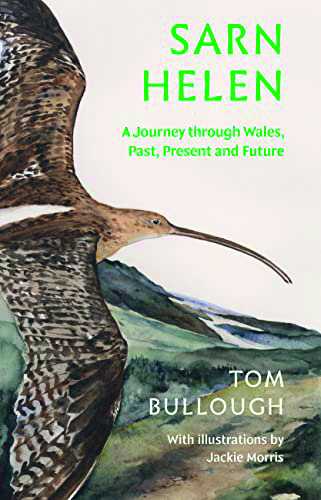
Is your book Sarn Helen also a call to action for us all?
Yes, in a word. I spoke to various scientists while preparing the book, and I was left in no doubt that we are currently on track for the “worst-case scenario” – meaning famine, coastal inundation, mass displacement and global conflict. In the end, this is the only issue. Everything we know and love depends on us changing direction, now – and, for that, everybody must get involved. Ideally, today!
Sarn Helen by Tom Bullough, published by Granta, £16.99 (HB) is available now.